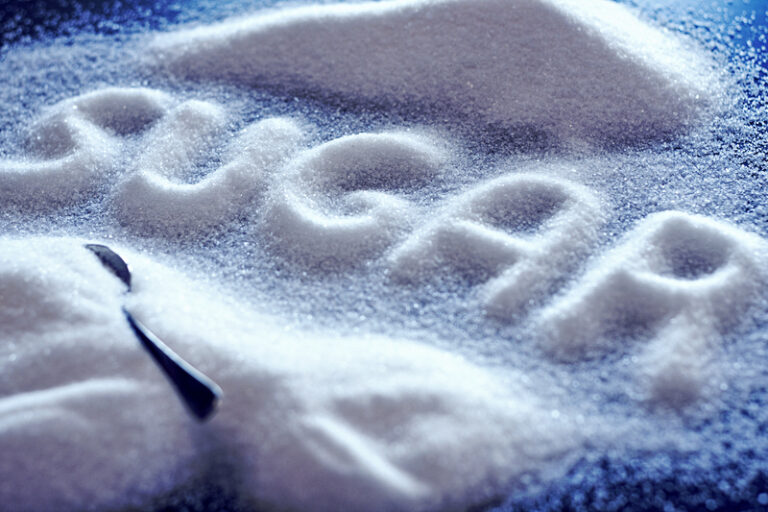I doubt there is any longer a question as to whether or not sugar is good for you. Even while consuming sugar, sometimes lots of it, most people have a flicker of “I shouldn’t be eating this”, while they continue to do so. Why does sugar have such a hold on us?
It reminds me of electricity. At low amperages if you touch a bare wire, you can barely feel it. A little higher amperage and you’ll feel a tingle. A little higher and it feels like a shock, but you can let go. As the voltage increases, the shock is painful, you lose muscular control and you just can’t let go. Even higher and it can kill you. Sugar seems to be on the same scale, minus the painful part. When your diet is low in sugar, you can let it go if you need to, especially for health reasons. When sugar is a regular part of your diet, it seems like you just can’t let go. At higher amounts, yes, it can kill you.
Obesity, cardiovascular disease and diabetes can be fatal disease, and are often the result of excess sugar intake. They are stressful to your body and make you prone to other diseases as well. Controlling sugar intake can be as hard as letting go of a hot wire, but in the case of sugar, easier. Well, maybe not easy, but possible.
Sugar is said to occupy the same receptors as heroin and as difficult to get off it. Heroin is one of the most addictive substances we know of. It and sugar seem to occupy the same areas of the brain associated with addiction. Wow! No wonder it’s hard for some to get off sugar!
Sugar is an acid in the body which steals minerals and B-Vitamins. These are needed for multiple functions in the body, such as generating energy, calming, mood enhancement and endocrine function. Many people turn to sugar to increase energy and to just feel better. While it seems to work at first, it eventually ends in an energy and mood crash 2-4 hours later. This results in more sugar consumed to “be able to function”. It’s like flipping a light switch on and off over and over again. This roller coaster results in worsening of the blood sugar mechanism.
Eventually you start getting insulin resistance. When you eat food, (sugary food or carbohydrates), the glucose enters the blood. The pancreas then releases insulin to help get that glucose into the liver, muscles and fat to either be stored for future use, or used right away. If glucose levels are perpetually high, eventually the insulin receptor becomes resistant to the insulin. This keeps the glucose levels in the blood high. The pancreas responds by sending more and more insulin to handle it. Eventually, this can lead to pre-diabetes or even Type II Diabetes. You don’t want that. Insulin resistance in many cases is reversible if appropriate action is taken, the first of which is to stop eating sugar. Dietary choices, not all about sugar can make a profound difference.
©2022 Holly A. Carling, O.M.D., L.Ac., Ph.D.







